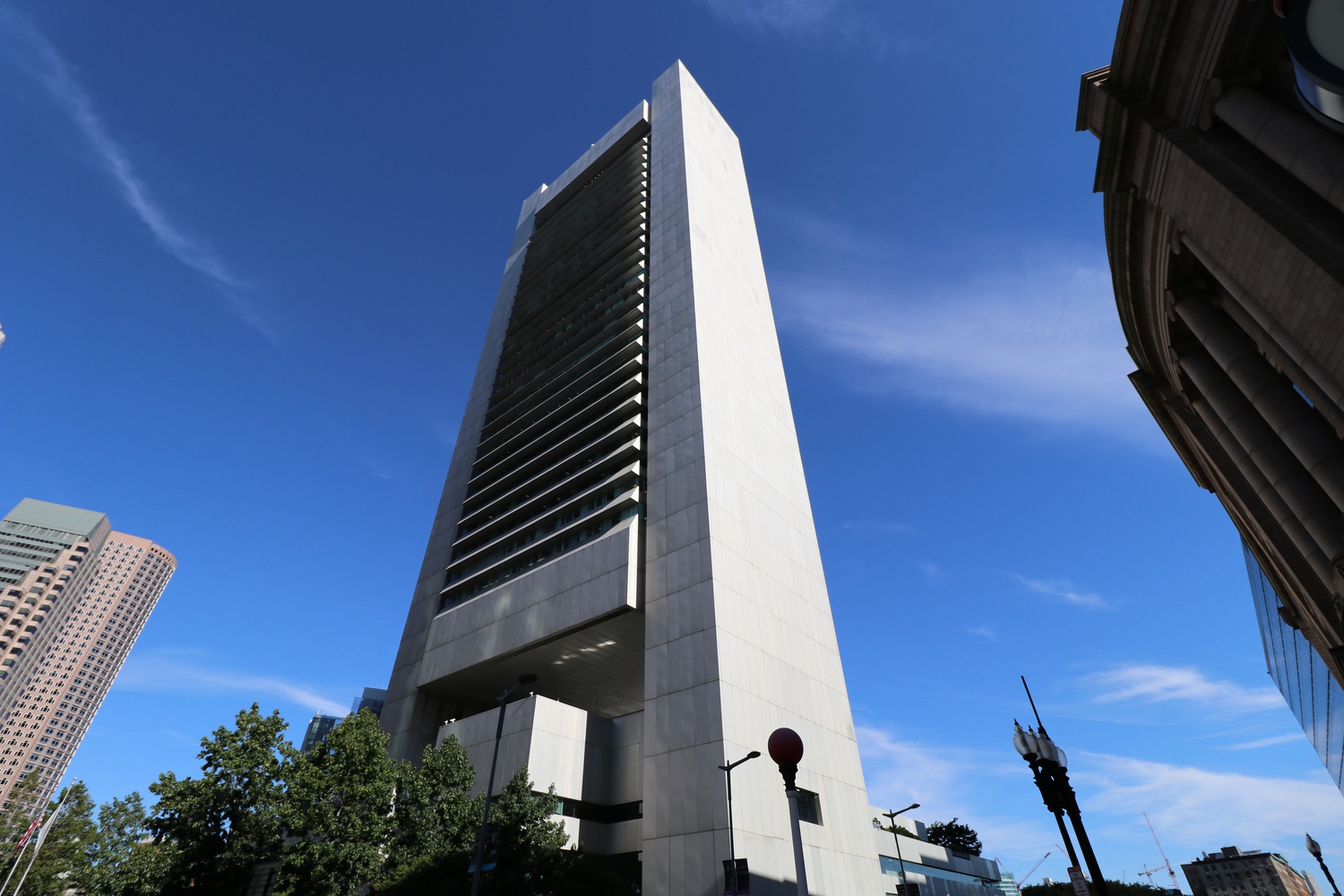
News
When Professors Speak Out, Some Students Stay Quiet. Can Harvard Keep Everyone Talking?

News
Allston Residents, Elected Officials Ask for More Benefits from Harvard’s 10-Year Plan

News
Nobel Laureate Claudia Goldin Warns of Federal Data Misuse at IOP Forum

News
Woman Rescued from Freezing Charles River, Transported to Hospital with Serious Injuries

News
Harvard Researchers Develop New Technology to Map Neural Connections
Harvard Has Reported Positive Endowment Returns for Five Straight Years. That Could Change this Year.

Since N.P. “Narv” Narvekar took charge of Harvard’s investments in December 2016, he has avoided a year of negative returns, something his two immediate predecessors could not.
That could soon change.
Last year, Harvard’s endowment soared to its highest ever value, $53.2 billion, after it reported a whopping 33.6 percent return on its investments in fiscal year 2021. But with high inflation and rising interest rates rattling financial markets, the Harvard Management Company, the University’s investment arm, could be on the brink of delivering its first negative annual returns in five years.
Financial experts say the turbulent market conditions have likely caused Harvard’s investments to struggle over the past fiscal year.
“It has been a challenging fiscal and calendar year for most asset classes,” Rutgers Business School professor John M. Longo wrote in an email. “I would be surprised to see Harvard or any large endowment generate meaningful positive returns in the current reporting cycle.”
The Wilshire Trust Universe Comparison Service estimates that the median university endowment fell by 10.2 percent during the past fiscal year, which ended on June 30.
HMC has not reported a negative return on its investments since fiscal year 2016, when the endowment lost almost $2 billion in value.
Since then, HMC has undergone sweeping structural changes, spearheaded by Narvekar, who arrived in December 2016.
Narvekar instituted a five-year restructuring plan that moved the endowment away from its “hybrid” investment model, under which HMC retained a large in-house investment staff while also hiring external fund managers to oversee portions of its assets. Since the completion of the plan in 2020, the vast majority of the University’s investments have been externally managed.
Harvard’s endowment is heavily skewed toward alternative investments, such as private equity and hedge funds. In fiscal year 2021, HMC invested 34 percent of the endowment in private equity funds and 33 percent in hedge funds.
It remains unclear whether the composition of Harvard’s endowment will help or hurt its performance.
New York University finance professor David L. Yermack ’85 said he believes alternative investments will cause university endowments to perform worse than funds that hold more stocks and bonds, such as pension funds.
“It’s been a bad year for everybody, but the people with the more non-traditional investments are going to get hurt worse,” said Yermack, a former Crimson managing editor.
But he added that private equity managers have “a lot of wiggle room” in interpreting the value of the companies in their portfolios, which could skew the figures that schools ultimately report.
“My own feeling is that these markets have dropped a great deal, but the investment managers are going to be very reluctant to admit that and will probably be rather cautious in writing down the value of their investments,” he said. “But I think it’s going to be hard to defend any estimate that isn’t pretty negative in these asset classes, on the order of maybe a 20 percent drop.”
Other experts, however, said HMC’s tendency toward alternative investments may work in its favor. Harvard Business School professor Luis M. Viceira said HMC’s investments in hedge funds are designed to “cushion” losses in other parts of its portfolio.
“We hope that the hedge fund side of the portfolio is doing the job and helping to smooth out any falls in valuations and any negative returns probably the endowment is going to experience on the equity side — which is the largest side of the investments,” he said.
Ultimately, experts said, a likely decline in HMC’s investment performance during the past fiscal year is more a reflection of market conditions than bad strategy.
“They did well last year and crowed about it,” Charles A. Skorina, the head of a finance executive search firm, said. “This year, they’re going to have to say, ‘Oops, guess we didn’t do so well — because the market tanked.’”
—Staff writer Eric Yan can be reached at eric.yan@thecrimson.com. Follow him on Twitter @ericyan0.
Want to keep up with breaking news? Subscribe to our email newsletter.
